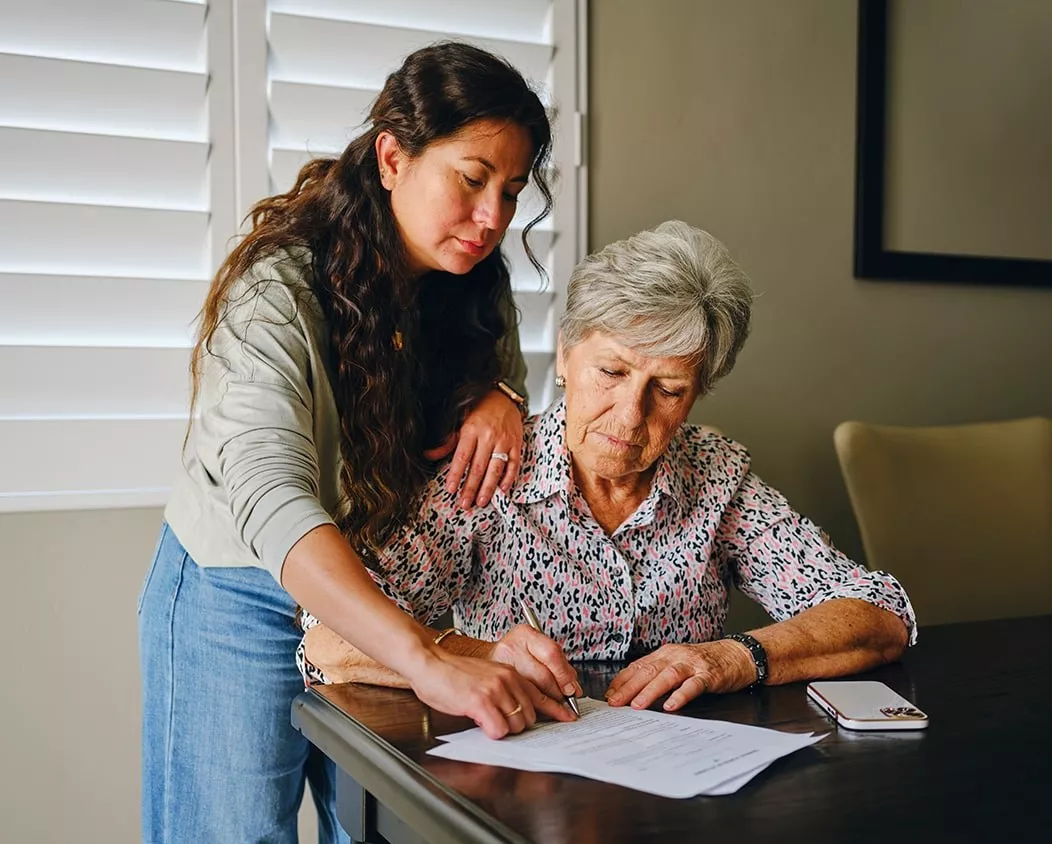
Will you need an emergency fund in retirement?
Canadians can expect retirement to last 20, 25 or 30 years, or even more, thanks to our increasing longevity. From a financial perspective, the first thing many people think about when it comes to living longer is making sure they don’t outlive their savings.
But there’s another matter to consider. Over a period of two or three decades, many unexpected situations can arise – and these can have financial consequences.
You could cover unexpected costs from the same sources that provide your retirement income. But there’s a problem with relying on that method. If you need the money during a period when markets are down, you could be withdrawing funds at a loss.
Also, there’s the peace-of-mind factor. If you have savings designated for retirement income and a separate pool for emergencies, you’ll sleep better at night. You’ll know that if the unexpected happens, you can access funds easily without putting your retirement income at risk.
Here are some of the more common and costly situations that could occur during retirement.
Health care expenses
During your working years, you may have been protected by health benefits through your employer’s group plan. Now you’re responsible for dental, vision and any other health-related expenses not covered by the government. You could have surgery and want to hire a private nurse to care for you at home while you recover. You might need expensive dental work. Perhaps you develop issues with your mobility and require bathroom modifications and other accessibility renovations to your home.
The greatest potential expense is long-term care or assistance with daily living, provided at either your home, a long-term care facility or an assisted-living residence. With our increasing longevity, there’s a greater probability that you or your spouse will need such care. Almost 30% of Canadians aged 85 and older live in a special-care residence.1
Helping a family member
Over the two or three decades of retirement, situations may develop involving one or more family members. Funds set aside for the unexpected give you the ability to help out when you wish, especially knowing the funds are separate from your retirement income needs. Each family is unique, and any situation from a vast number of possibilities may arise, but here are just a few examples. A child’s business endures a difficult year and the child needs assistance to support their family. A sibling is involved in a court case and asks for financial help to pay legal bills. A grandchild has special needs and you want to contribute to a Registered Disability Savings Plan (RDSP).
Expect the unexpected
Beyond health-related and family situations, anything can happen. A retired couple’s child and spouse move to Australia, have a child, and the retirees want to travel to Australia once or twice a year. A retiree had counted on income from a part-time job, but the job didn’t last long. Over the retirement years, a couple’s aging home needs new appliances, a new furnace, its roof replaced and a leaking basement sealed.
You never know what may arise, but when the unexpected strikes, an emergency fund can see you through.
1 Statistics Canada. A portrait of Canada’s growing population aged 85 and older from the 2021 Census. April 27, 2022




